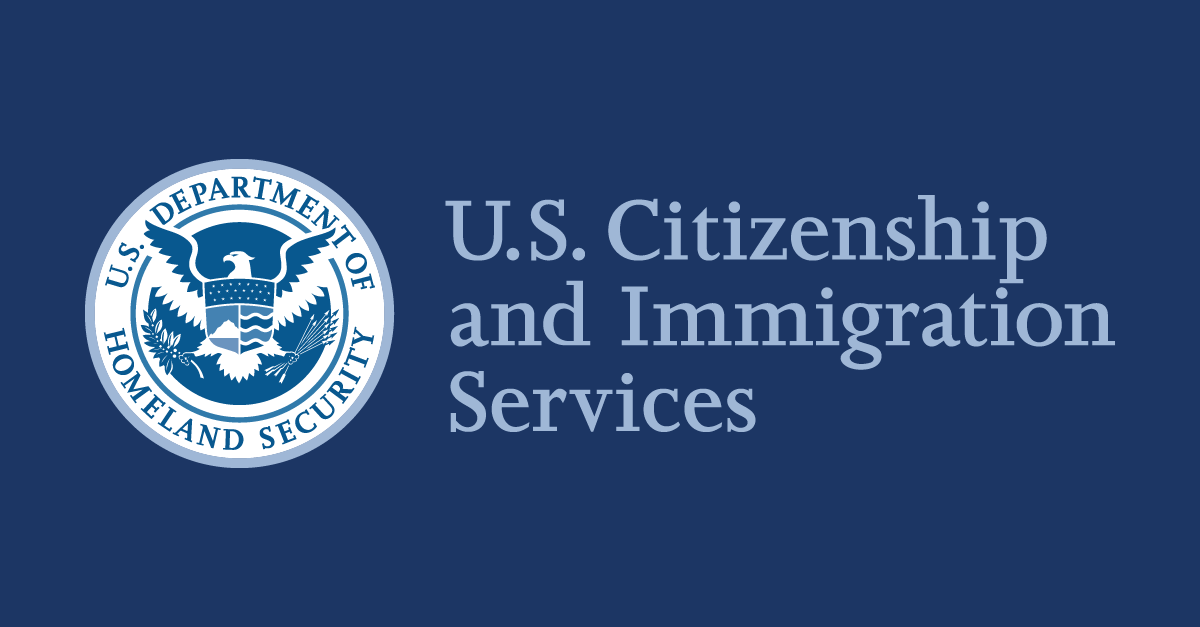Hi all. I would appreciate you advice.
My green card will expire next year and I'm planning to file N400. But I'm almost sure that I brake my continuous residence when I went overseas for full time study.
3.5 years past since I've returned and continually stay in the US. Now I'm wondering if the so-called "4 years and 1 day" rule is applicable in my case? If I apply now, in my area whole process usually takes around 1 year before get to interview and by that time it will be over 4 years since I'm in United States.
Is this "4 years and 1 day rule" applicable in any cases, or only after you n400 application denied?
Just want to note, during these 3 years of education I always crossed US border every 5.5 moths and stayed 1-2 weeks in US for vacation. But didn't maintain address, bank account, etc. I didn't file taxes because I didn't have any income and was dependent from my fathers tax return (he is US citizen).
My green card will expire next year and I'm planning to file N400. But I'm almost sure that I brake my continuous residence when I went overseas for full time study.
3.5 years past since I've returned and continually stay in the US. Now I'm wondering if the so-called "4 years and 1 day" rule is applicable in my case? If I apply now, in my area whole process usually takes around 1 year before get to interview and by that time it will be over 4 years since I'm in United States.
Is this "4 years and 1 day rule" applicable in any cases, or only after you n400 application denied?
Just want to note, during these 3 years of education I always crossed US border every 5.5 moths and stayed 1-2 weeks in US for vacation. But didn't maintain address, bank account, etc. I didn't file taxes because I didn't have any income and was dependent from my fathers tax return (he is US citizen).



Comment